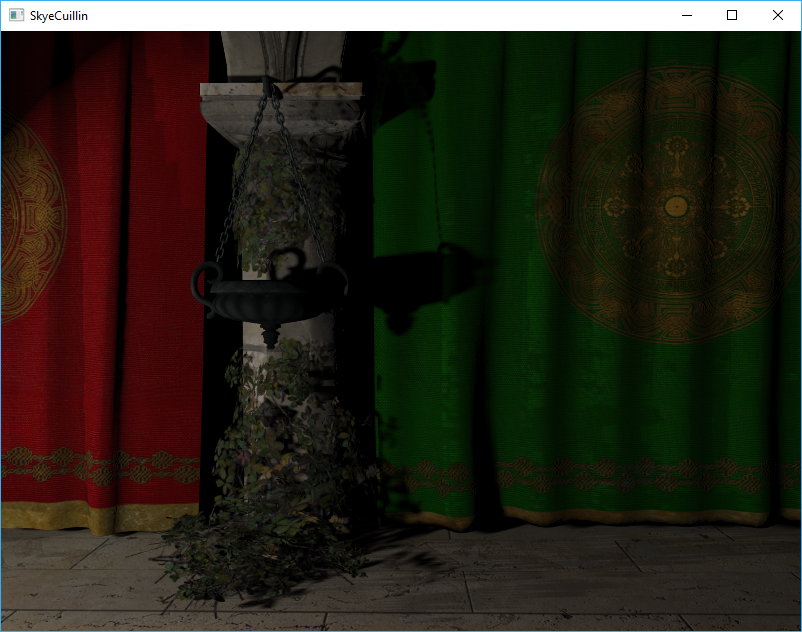This is obviously not a topic regarding hard skills. But much more about how you keep going in graphics programming despite the huge frustrations involved. Or even about any tips on avoiding slumps and/or frustrating content in your workflow.
I would consider myself still really on the beginner side. I did some hobby-game-programming, text based and SFML-2D-Applications for about four years now, and I am trying to get into OpenGL programming for about 2 months now. I spent alot of time on octree-like datastructures for some kind of ARPG-Game, as well as in understanding quaternions and other math basics. So I got a fly-cam in a world, that dynamically renders blue triangles in the areas close to my camera position. Wuhey!
Yeah well, during the past 5 days, my progression basically stopped. I am writing my own model-format, with converter via assimp and importer in my game. At the same time, I tried to figure out how bone animation works. And even though I understood the basic concepts, everytime I sit down to get stuff done, I suddenly lose my motivation. It feels like there are thousands of different things I have to deal with, I feel like I am lost in some kind of vast ocean of "TODO"s, and whenever I think about where I want this program to go, the ToDo-List seems to expand even further.
I start becoming nervous and angsty, feeling like I´m just not made for this kind of stuff, yet, it is still really fascinating, and I am way to determined to give up right now. Yet I still have those hours and days, in which I just sit in front of my IDE and anxiously stare on my screen, unable to type a single line of code.
Is it only me? Or is this a common problem among graphic programmers, or even programmers in general? Is my project too big for a single person on beginner level? Do I have to keep everything I need to render a fluid 3d environment in mind? Or is it alright, to take some not-really-understood-but-working algorithms and rely on them? Do you set yourself goals for single days? What keeps you motivated? What do you do, once you are in one of those slumps? Taking a break? Forcing yourself to go on?
Id be glad if some of you could share your experiences.










